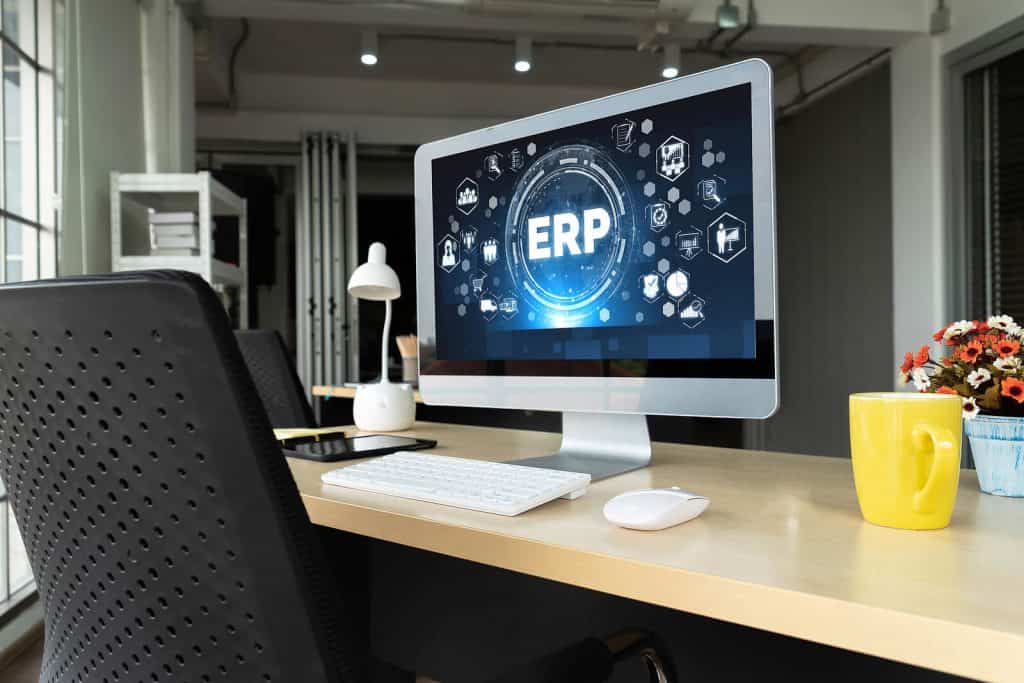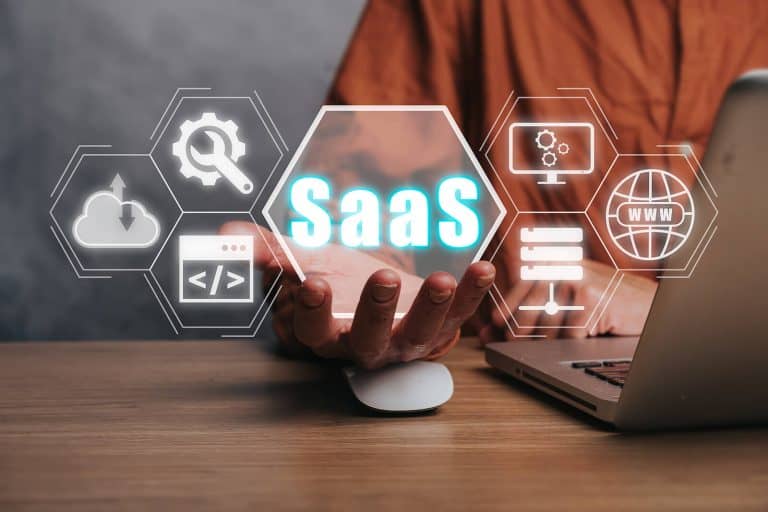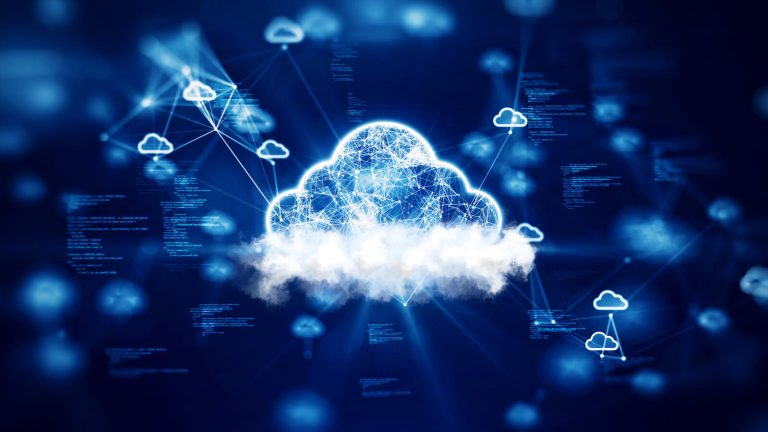Enterprise resource planning (ERP) is a type of information management software that companies use to integrate key business processes. Cloud-based ERP software is being deployed on a scale as more and more businesses migrate to the cloud.
Table of Contents
ToggleThis article will explore cloud ERP vs. traditional ERP software and the benefits that make cloud ERP solutions superior.
How Does Cloud-based ERP Software Work?
To truly understand how cloud-based ERP software works, we must look at the solution that came before it.
Traditional or on-premise ERP refers to ERP software implemented on a business’s servers. The software and its supporting features are managed and maintained by in-house IT staff and/or contractors who are responsible for installation, upgrades, repairs, and ongoing maintenance.
Installing and maintaining on-premise ERP software is expensive and requires significant expertise and time allocation. This once made ERP software a solution reserved for enterprises only – that is, until data science in the cloud technology came along.
Cloud-based ERP software is hosted and managed offsite on a vendor’s cloud platform and is accessed by the client through a web browser like Amazon or Shopify’s inventory software system. Vendors lease their ERP software on a subscription basis and are responsible for installing, maintaining, and updating the software and its infrastructure.
Cloud-based ERP solutions allow businesses to focus on ERP utilization for business process improvement without cost and time implications. A recent HubSpot study found that around 85% of companies improved business processes with cloud ERP solutions.
Benefits of Cloud ERP
Along with business process improvement, here are some benefits of cloud ERP.
- Scalability
On-premise ERP scaling is a costly, laborious exercise that can have a devastating financial impact if done incorrectly. Cloud ERP is inherently scalable, accommodating your fluctuating business needs by allowing you to scale up and down without having to purchase any additional hardware. And with no need to deploy local servers in each new location, small businesses can easily reap the benefits of global expansion.
- Accessibility
Cloud ERP gives employees instant access to information from any location and any internet-connected device. This improves collaboration efficiency and enables your team to make crucial business decisions without the headache of geographical or device limitations.
- Agility
Not only can cloud ERP be integrated with other cloud software such as cloud-based VoIP, but it can be quickly and continuously upgraded and renovated in response to emerging trends and demands. This isn’t the case for on-premise software, as customizations are difficult and expensive to implement successfully.
- Implementation speed
Cloud deployment is quick and painless. Unlike on-premise ERP implementation, there’s no need to source and set up hardware, hire specialized staff, or create new protocols, meaning less downtime and quicker time-to-value.
- Continuous upgrades
With a cloud ERP, you don’t have to spend time performing manual system upgrades. Your cloud vendor handles it for you, implementing the best up-to-date data machine learning technologies on an ongoing basis. Vendors also typically perform upgrades outside of business hours, whereas if you were using an on-premise ERP, upgrades are more likely to occur during business hours.
- Reduced cost
By nature, cloud solutions are considerably less expensive to implement and maintain. This is because there are no hefty hardware purchases, initial installation fees, overhead costs, labor expenses, and all of the other ongoing operating costs that make on-premise ERP solutions impractical for small or budget-conscious businesses.
- Security
Cloud vendors take data security and compliance incredibly seriously – if they didn’t, they’d be out of business fast. They offer businesses enterprise-grade security, enterprise communications system, and end-to-end encryption, which is backed up by meticulous vulnerability testing and established disaster recovery (DR) plans.
Businesses using on-premise ERP solutions require a robust disaster recovery (DR) and business continuity plan (BCP), along with the funds and expertise to support it. Without stringent dedication to security, these businesses risk destructive data loss arising from technology failures, fires, natural disasters, or theft.
Types of Cloud ERP
An important question to ask yourself while considering cloud ERP deployment is, “What type of software should I use?”.
- Multi-tenant SaaS
This is a model in which a single version of the software and its infrastructure serves multiple businesses. Despite sharing the same infrastructure, each business’s data is completely private. Most cloud ERP solutions are multi-tenant SaaS.
- Single-tenant Saas
In single-tenant models, a business gets sole access to a single software version and its infrastructure.
- Public Cloud
In a public cloud, all of the hardware, software, and associated infrastructures are owned and operated by an online service provider. Multiple businesses share these resources, but each business’s data is only accessible to them.
- Private Cloud
A completely isolated service in which hardware, software, infrastructure, and services exist on a private network dedicated solely to one business.
- Hybrid Cloud
Hybrid clouds combine on-premise infrastructure with private or public clouds. This can be done in various ways to ensure maximum business efficiency.
Wrapping Up
It’s more important than ever for companies to utilize natively scalable and agile solutions that are better than Acumatica competitors. As the business climate grows ever more fluid, you need to be able to respond rapidly to demands and B2C or B2B ecommerce trends with minimal process disruption. Cloud ERP software optimizes core business processes while providing you with the flexibility and agility for sustainable growth.




